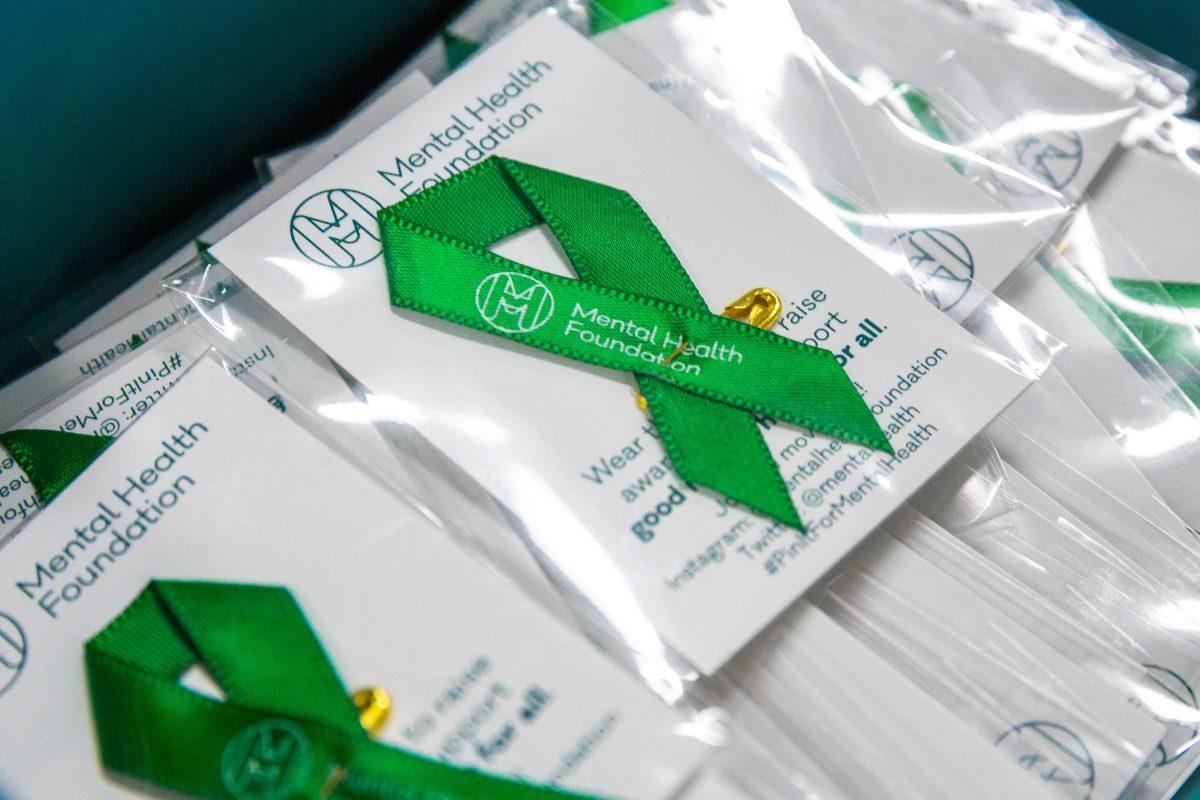Due to underinvestment in mental health and substance abuse treatment, family physicians such as myself fill the gaps. Having practiced in this community for 20 years, I have treated hundreds of Aggie students for such conditions. Thankfully, I have not lost any to suicide. But more than 1,000 U.S. college students commit suicide every year, and many thousands more attempt it.
It has been said that suicide is a permanent solution to a temporary problem. But mental health symptoms can certainly feel overwhelming to the patient in crisis. Fortunately, medications and counseling can help, given time. The human brain, particularly the young brain, has an amazing capacity for recovery. But that natural resiliency can be short-circuited by attempts at “self-medication” with alcohol or drugs.
Alcohol is widely consumed in our culture with significant public health implications. Its impact on mental health, particularly for heavy drinkers, is significant as it can act as a depressant initially, then increase anxiety later. This can lead to further consumption to “treat” the symptoms, potentially leading to addiction. Additionally, people experiencing suicidal thoughts should not consume alcohol at all due to its ability to reduce the natural inhibitions against self-harm.
While less prevalent than on many other campuses, I have seen the number of Aggie students using marijuana increase significantly in recent years, consistent with national data on this crisis. Attaching terms like “recreational” and “medicinal” to cannabis has allowed the marijuana industry to create an aura of safety or medical endorsement. But the American Psychiatric Association states that “There is no current scientific evidence that cannabis is in any way beneficial for the treatment of any psychiatric disorder” and that there is “at minimum, a strong association of cannabis use with the onset of psychiatric disorders.” Meanwhile, industrialized cannabis products contain ever higher concentrations of THC, the molecule responsible for its addiction and ability to induce severe mental illnesses such as schizophrenia.
Tragically, the opioid epidemic now claims about 100,000 American lives annually due to overdoses. Less well known is that in states which have investigated their increasing suicide rates like Colorado, the most common substances found in the toxicology reports of suicide victims age 15 to 24 is actually marijuana, followed by alcohol. That combination is particularly dangerous, as even in young adults who are not depressed THC can induce psychosis and suicidal thoughts, while alcohol reduces the inhibitions against acting on those thoughts.
My usual patient who has developed problems with substance abuse started down that path harmlessly enough with attempts to “treat” loneliness, insomnia or social anxiety symptoms. Life can be challenging at a competitive university like ours, and more so for this generation than perhaps any before. More students now arrive without the spiritual resources previously provided by religious activities which are strongly associated with positive mental health outcomes. Many depend on social media to provide a sense of community, but that has been shown to be a poor substitute for real human connection.
Fortunately, there are more than 1,000 student organizations on this campus and dozens of houses of worship in the community ready to welcome Aggie students. Health professionals on and off campus are available for those with further needs. Many of us will need such assistance at some point in our lives. Those in crisis should know that with support, treatment, and time, it gets better. Please don’t “self-medicate” with substances which we know don’t work or make things worse. And please, be persistent in asking your Aggie family for help. We’re here for you.
Matt Poling M.D. is a family physician, adjunct faculty, Aggie parent and member of the Fightin’ Texas Aggie Class of 1990.
Letter to the community: Alcohol, marijuana and mental health
October 18, 2022
0
Donate to The Battalion
$70
$2500
Contributed
Our Goal
Your donation will support the student journalists of Texas A&M University - College Station. Your contribution will allow us to purchase equipment and cover our annual website hosting costs, in addition to paying freelance staffers for their work, travel costs for coverage and more!










